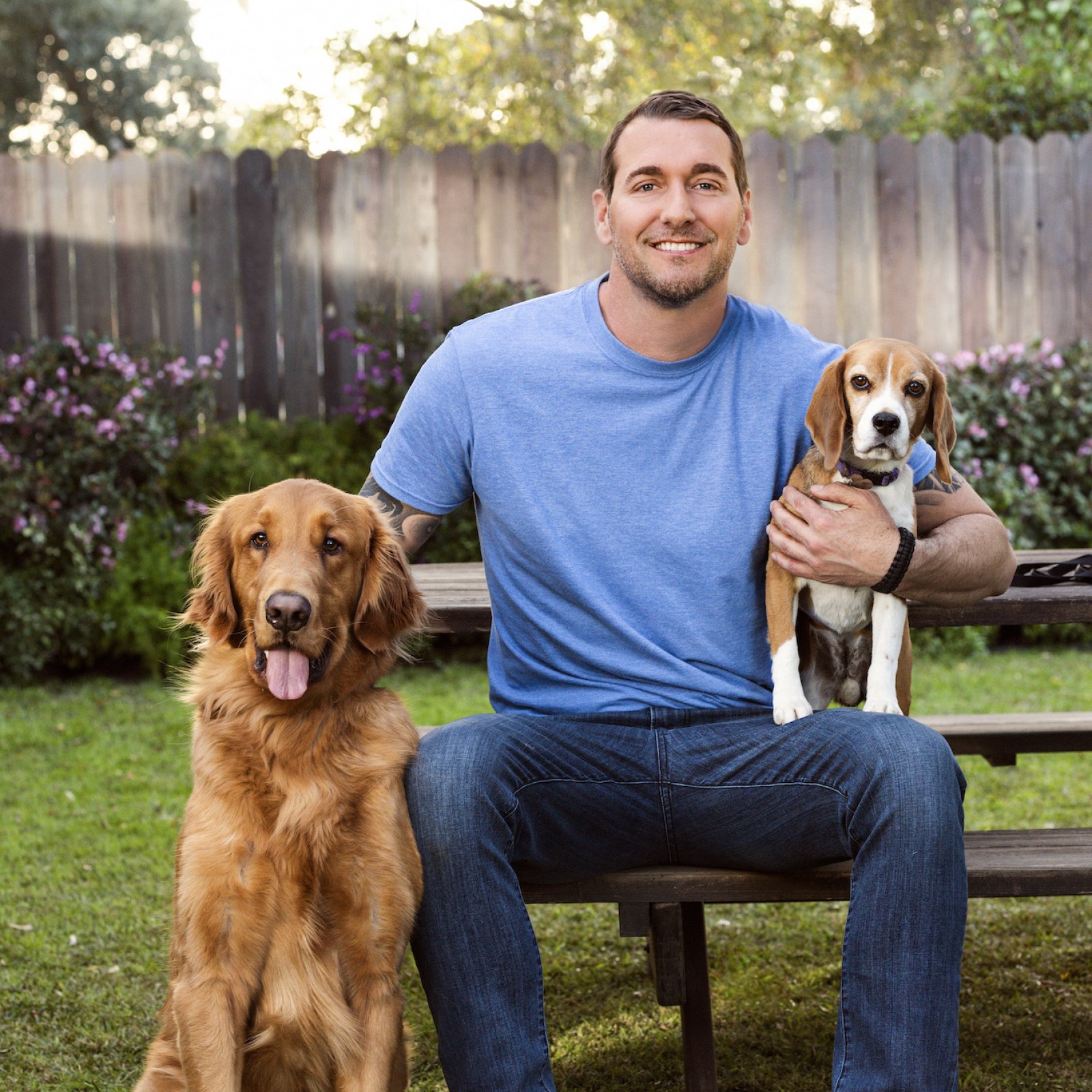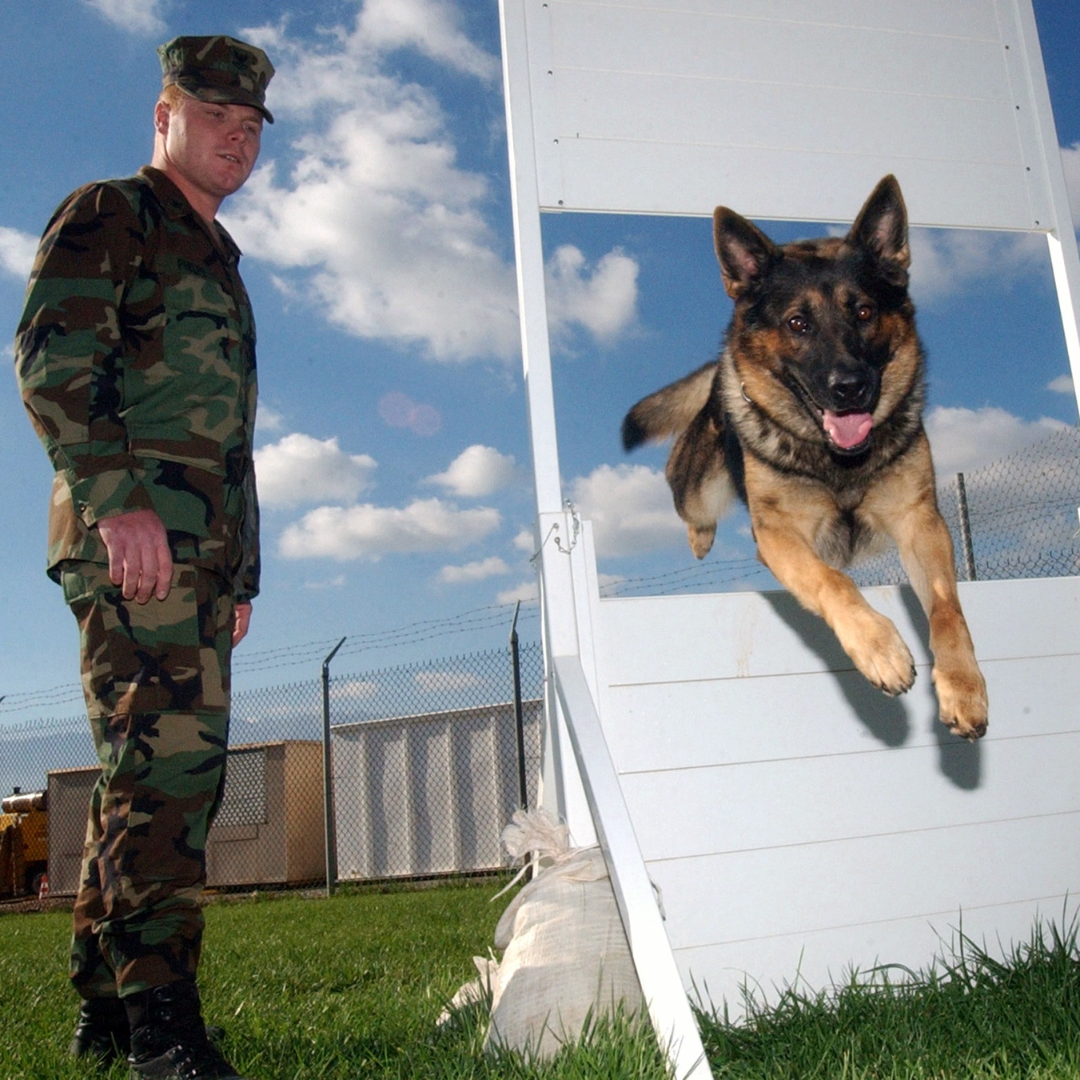Why Dog Training Near Me is Crucial for Your Canine Companion
Why Dog Training Near Me is Crucial for Your Canine Companion
Blog Article
Unlock Your Dog's Potential: Proven Dog Training Methods for Success
Effective pet training is a nuanced process that rests on understanding canine behavior and utilizing medically backed approaches. Dog training. By integrating positive support, developing clear commands, and focusing on socialization, pet dog proprietors can grow an efficient partnership with their family pets. Challenges frequently occur that call for customized options and a person strategy. Discovering these verified methods discloses not just the capacity for behavior improvement but additionally the deeper bond that can be created between owner and dog. What important methods must be taken into consideration to genuinely unlock your dog's possibility?
Comprehending Canine Behavior
Comprehending canine behavior is important for efficient training and fostering a positive relationship in between canines and their owners. A detailed understanding of canine body movement, articulations, and social interactions is important for identifying their feelings and requirements. Canines connect largely via non-verbal hints; as an example, a wagging tail might suggest excitement, while pinned ears can indicate anxiety or submission.

Furthermore, environmental variables play a significant function fit a dog's behavior. Adjustments in routine, brand-new surroundings, or the visibility of strange people can cause tension or stress and anxiety in canines. Acknowledging these triggers allows owners to alleviate adverse responses and develop appropriate training strategies.
Eventually, a deep understanding of pet dog actions lays the structure for effective training approaches, enhancing both behavior and the overall bond between the dog and its proprietor. dog training charlotte. This expertise is essential for fostering a well-adjusted, pleased canine friend
Positive Support Methods
Effective training relies heavily on positive reinforcement techniques, which have actually been shown to produce considerable cause forming wanted habits in pets. This approach entails awarding a dog for showing certain behaviors, thus boosting the possibility that these habits will certainly be duplicated. Rewards can take different kinds, including deals with, praise, playthings, or play, depending on what encourages the private dog.

It is necessary to progressively phase out rewards as the canine learns the behavior, transitioning to recurring support. This approach keeps the habits with time while stopping dependency on constant incentives. By concentrating on positive reinforcement, trainers can cultivate a trusting relationship with their pet dogs, promoting a cooperative and healthy training setting that enhances total obedience and performance.
Establishing Constant Commands
A basic element of successful pet training is the facility of regular commands. Uniformity in commands is vital for efficient communication between the trainer and the pet. When commands are uniform, canines discover to link details words with preferred habits, which increases the training process and enhances understanding.
To establish regular commands, it is necessary that all family participants use the exact same terms and gestures. As an example, if one individual makes use of "sit" while look at here one more states "take a seat," it can create confusion for the pet. Select clear, unique words for commands and ensure everyone involved in the pet's training adheres to these selections.
Reinforce commands with constant technique, making certain that the pet gets ample possibilities to react properly. When a canine successfully follows a command, prompt positive support ought to follow.
Lastly, hold your horses. Establishing constant commands takes some time and effort. With dedication and quality, you will assist your dog establish a strong understanding of assumptions, ultimately leading to a mannerly friend.
Socializing and Direct Exposure
Interacting socially a dog is vital for fostering a well-adjusted and positive companion. This procedure includes exposing your pet to a selection of atmospheres, people, and various other animals to establish their social skills and versatility. Early socializing, preferably in between the ages of three to fourteen weeks, is crucial, as it prepares for a dog's future actions.
During socialization, purpose to give positive experiences in different settings, such as parks, active streets, and homes with various other animals. Present your pet dog get more to numerous stimulations, consisting of audios, views, and scents, ensuring that each encounter is satisfying. This exposure assists reduce worry and stress and anxiety, paving the means for a more durable pet dog.
Participating in controlled group play sessions with various other canines can additionally enhance social abilities, showing your animal appropriate communications and limits. Constantly check your dog's comfort degree throughout these experiences, progressively raising exposure as their self-confidence grows. Remember, the objective is to develop an all-round pet that prospers in diverse situations, advertising a harmonious partnership with both humans and other animals. Prioritizing socializing will substantially add to your dog's total joy and behavior throughout their life.
Conquering Common Educating Obstacles

Canines may have a hard time to concentrate in unfamiliar or busy settings. Slowly desensitize your pet dog to disturbances by beginning training in a quiet environment and slowly introducing more stimulations as they come to be skillful.
Additionally, behavioral issues like jumping or extreme barking can come to be frustrating. Address these by teaching alternative behaviors, such as sitting calmly when greeting guests. Uniformity and patience are essential; strengthen preferred habits constantly and stay clear of abuse, which can bring about complication.
Last but not least, identify that each pet dog is special, and training timelines might differ. Tailor your method to your dog's individual demands, and look for expert support if required. With determination and the right strategies, conquering these challenges can bring about a trained, delighted canine companion.
Final Thought
In conclusion, opening a pet dog's prospective necessitates a thorough technique that incorporates an understanding of canine behavior, the application of favorable reinforcement strategies, and the establishment of consistent commands. Early socializing and exposure to varied atmospheres even more boost a pet dog's adaptability and self-confidence. By dealing with common training difficulties with tailored methods and persistence, a unified and cooperative connection between pet dog and trainer can be promoted, inevitably leading to a mannerly companion efficient in thriving in different situations.
Efficient pet training is a nuanced process that pivots on understanding canine habits and using scientifically backed methods.Understanding pet dog actions is vital for reliable training and promoting a positive connection in between dogs and their owners.Efficient training counts heavily on positive support strategies, which have been shown to produce substantial outcomes in shaping preferred habits in pets. When commands are consistent, dogs discover to connect details words with desired behaviors, which speeds up the training process and improves understanding.
In verdict, opening a dog's potential necessitates a detailed technique that includes an understanding of canine actions, the application of favorable support techniques, and the establishment of consistent commands.
Report this page